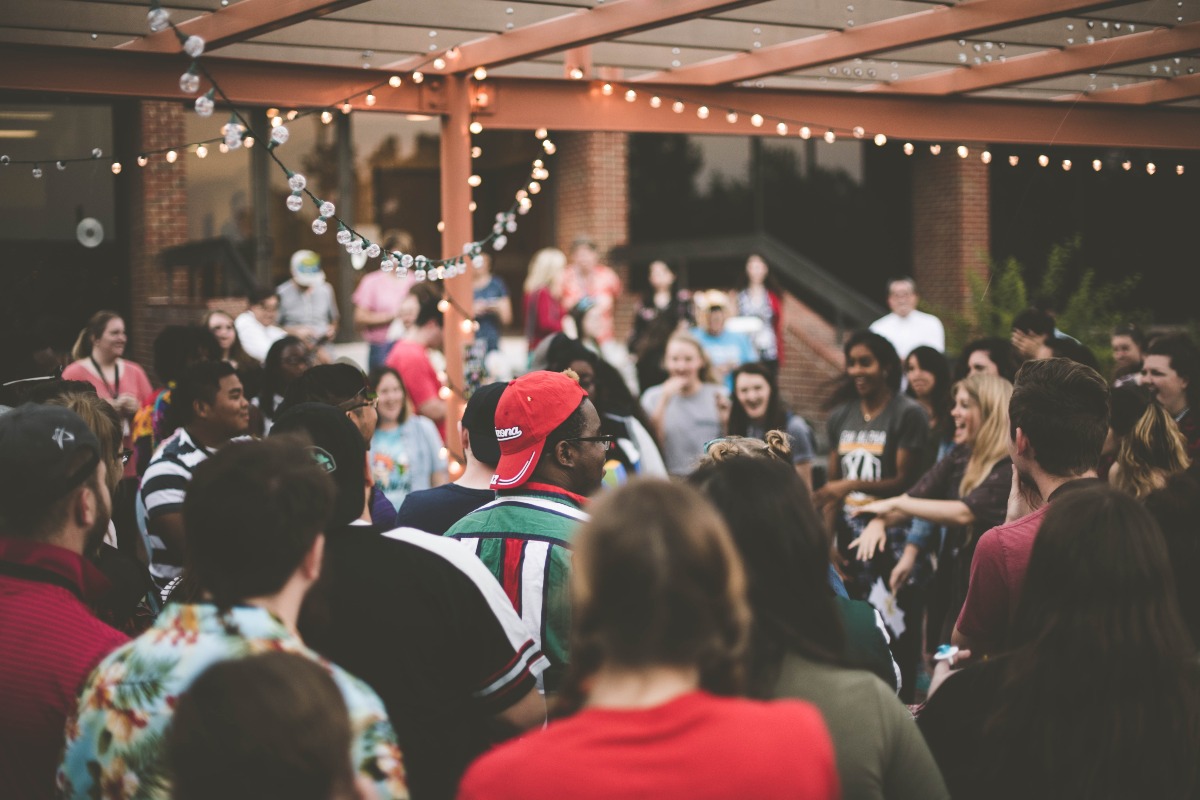
Social drinking and alcohol dependence are two distinct concepts. While social drinking can be enjoyed by many individuals in moderation, alcohol dependence is an issue of serious health and social concern. Understanding the differences between social drinking and alcohol dependence is essential to addressing the issue of problem drinking.
Defining Social Drinking
Social drinking is a term used to describe a pattern of alcohol consumption that is not considered problematic. It is often seen as a social activity and is related to the concept of “drinking culture.”
There is no specific definition of what constitutes social drinking. However, most people would agree that drinking is social if it occurs in a non-intoxicated state and is not done in secret, nor to get drunk. It does not occur at the expense of other activities, such as family, school, or work commitments.
How Social Drinking Differs From Alcohol Dependence
Some people who engage in social drinking may occasionally become dependent on alcohol. At the same time, some people who are dependent on alcohol may engage in social drinking. There are, however, some key distinctions between social drinking and alcohol dependence.
Amount of Alcohol Consumed
People who drink socially consume small amounts of alcohol that do not cause intoxication or other physical effects. People who are dependent on alcohol drink large amounts of alcohol and experience withdrawal symptoms when they cut down on drinking.
Setting
People who drink socially consume alcohol in a variety of settings, such as at home with friends, at a bar/restaurant, at a wedding, etc. People who are dependent on alcohol usually only drink in private places, rarely with friends.
Reasons
People who drink socially enjoy drinking and use alcohol as a way to relax, celebrate, etc. People who are dependent on alcohol drink to feel good or to deal with negative emotions.
Recognizing the Symptoms of Alcohol Dependence
If you suspect that someone you care about may be dependent on alcohol, it is important to be aware of the symptoms of alcohol dependence:
- Physical dependence: People who are physically dependent on alcohol experience withdrawal symptoms (shakiness, anxiety, nausea, etc.).
- Psychological dependence: People who are psychologically dependent on alcohol feel a strong need to drink, and have thoughts that urge them to drink.
- Increased alcohol consumption: People who are dependent on alcohol drink large amounts of alcohol and may drink large amounts in a short period of time.
- Failure to meet responsibilities due to alcohol consumption: People who are dependent on alcohol often miss work or school and neglect other responsibilities.
- Spending too much time drinking: People who are dependent on alcohol spend a lot of time drinking and little time on other activities.
Alcohol dependence happens as a result of many factors. It is important to remember that social drinking can often lead to alcohol abuse. Alcohol dependence can be a serious health and social concern, as it may cause physical and psychological harm to the person who drinks and others in their environment. If alcohol abuse is detected as a potential threat, finding treatment is the most important first step toward healing.
It is important to understand the differences between social drinking and alcohol dependence. Often the two can overlap in our lives without us even realizing it. Recognizing the signs and symptoms of alcohol dependence is essential to getting help when it is needed. If you or someone you know is experiencing any signs of alcohol dependence, it is essential to find treatment as soon as possible. Alcohol dependence only gets worse when left untreated. The Guest House can help. Call (855) 483-7800 for more information.